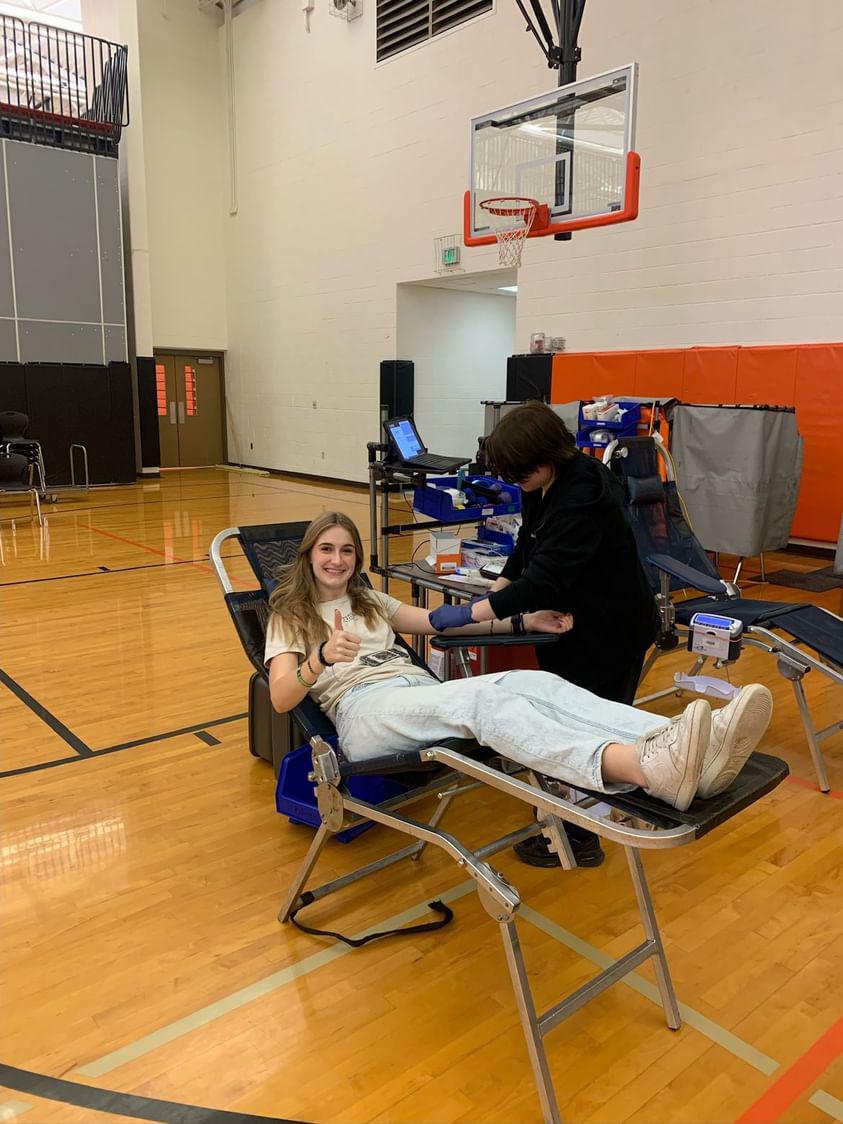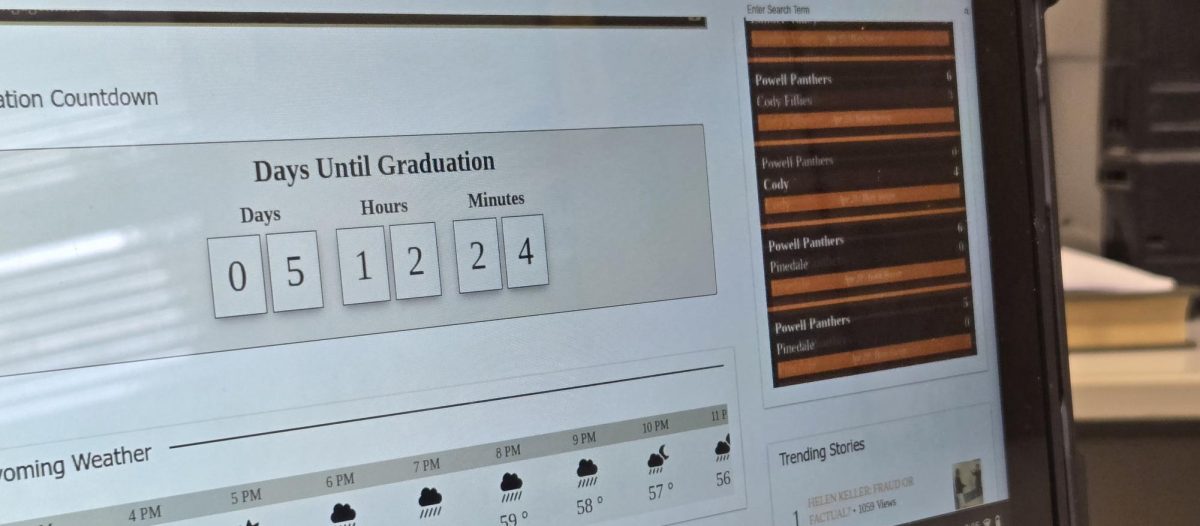It’s blood drive season, and PHS students are rolling up their sleeves to contribute to the cause. For some people, however, the idea of donating blood can be really scary. For others, though, this is not a concern because it is not something that they can do. There are plenty of different reasons that make a person ineligible to donate.
These concerns often are less for the person receiving the donation, and more for the donor. The people at Vitalant, the local blood drive staff, expressed that they want people to donate as long as they are able.
“The main concern for high school donors is height and weight,” Vitalant Senior Donor Recruitment Representative Tori Robbins said. “We want to make sure that the donation process is as safe and as painless as possible.”
The main concern for high school donors is height and weight. We want to make sure that the donation process is as safe and as painless as possible.
— Vitalant Senior Donor Recruitment Representative Tori Robbins
The minimum weight requirement is 110 lbs., and they suggest that people be at least 5 feet tall. This is to ensure that you have enough blood in your body to donate and that you don’t get sick or have any other complications.
“I am underweight for my age,” sophomore Paige McConnell said. “I would definitely not be okay. Imagine the typical dizziness from donating and multiply it by 10. It would not be safe for me.”
McConnell also suffers from iron deficiency anemia, a condition where her body doesn’t have enough iron which is another big concern. Females need to have at least 12.5 g/dL and males need to have at least 13 g/dL. The concern is if someone’s iron levels get low, they can have a variety of other complications.
“The effects of donating blood feel minimal if you feel them at all,” science teacher Kaitlyn Loeffen said. “I typically do not have any problems after [donation].”
The effects of donating blood feel minimal if you feel them at all. I typically do not have any problems after [donation].
— science teacher Kaitlyn Loeffen
Mrs. Loeffen has been donating blood for many years now. She enjoys knowing that she is saving lives but is taking a break from donating for a couple of months. She is currently unable due to her pregnancy.
“You do not donate when you are pregnant as a general rule of thumb,” Mrs. Loeffen said. “The baby needs the blood just as much as you do, so it can really hurt both of you.”
There are certain conditions where it depends on the person donating their blood needs to know before donating. Certain people have conditions where they need to know specific facts before they donate. A good example of this would be diabetes. People with diabetes can donate, but they have to make sure that their blood sugar is not too high or low.
“I am a type one diabetic, but I am still eligible to donate,” senior Maya Landwehr said. “I just haven’t donated yet.”
Many other conditions can affect donation, so if there are any questions call 1-877-25-VITAL (877-258-4825). The need for donations rises daily, so, if you are eligible, why not try to donate once?
“The process is really simple,” Robins said. “We just need as many people to contribute as possible.”















